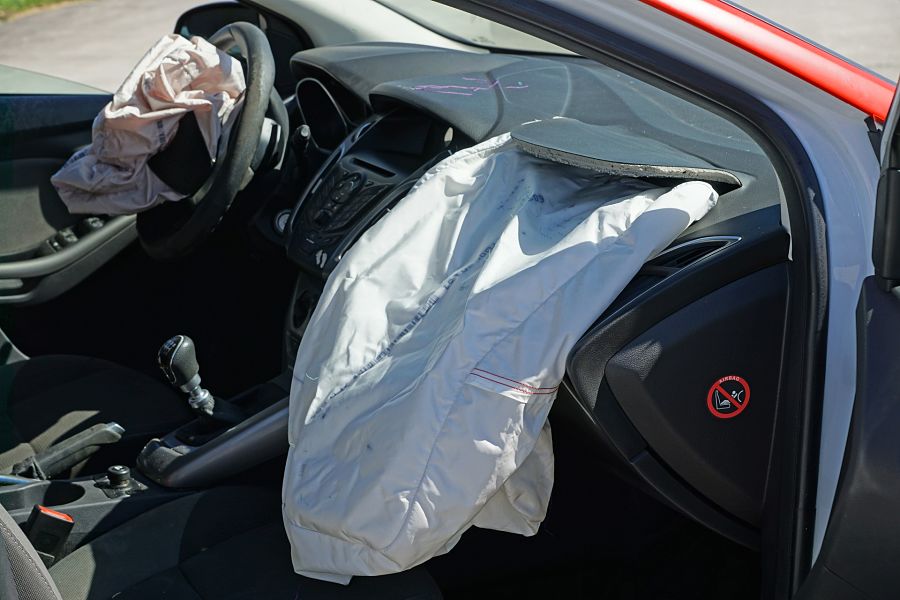
An accident is a traumatic experience for both perpetrators and victims. Whenever there is an accident, someone has to be liable for the accident.
How liability is determined in an accident is often more complicated than it seems. An Austin Personal Injury Attorney can be very helpful in proving liability and helping the victim receive compensation.
Determining Legal Liability
Most accidents occur due to negligence. The rule is that the more negligent party is liable for the accident than the less negligent one.
Legal liability is almost always determined through negligence. If the victim of the accident was somewhere where they should not have been, then they will be liable for the accident as the driver was not obligated to stop.
If the victim was hit as a result of carelessness, his/her compensation will be reduced by the degree to which their carelessness was responsible for the accident. The above is often referred to as comparative negligence.
If an accident is caused on a property as a result of poor construction or maintenance, the owner of the property is considered to be partly liable for the accident regardless of whether they created the conditions for the accident to occur.
Whereby an accident is caused as a result of a faulty product, both the manufacturer and seller of the product are liable for the accident regardless of who was responsible for the defect or how the defect occurred.
More Than One Person is Liable
When an accident is a result of the carelessness of several parties such as several vehicles colliding on the road, one of the negligent parties is responsible for fully compensating the victim of the accident. The other negligent parties will then decide whether to reimburse the paying party according to how they are directed by the law.
The ability to receive compensation from any of the relevant parties has some advantages for the victim. For example, if one of the parties is insured while the others are not, the victim can ask for compensation from the one with insurance.
If several parties are insured, you can only receive compensation from one insurance company. Therefore, it would be prudent to ask for compensation from the party that agrees to take responsibility for the accident.
How Your Negligence Affects Your Compensation Claim
In most states, even if you were partly responsible for an accident due to negligence, you are still allowed to be partially compensated by another party that was negligent and responsible for the accident.
Comparative negligence will be used to determine who was more careless. The degree of negligence will determine the fraction of compensation the responsible party will pay.
There is no precision as it pertains to comparative negligence. A rough estimate will be used during claim negotiations alongside other factors such as the extent of the victim’s injuries and subsequent medical bills.
Comparative negligence will be applied differently depending on which state the accident happens. In most states, the party with more than 50% of negligence will be responsible for compensating the victim.


